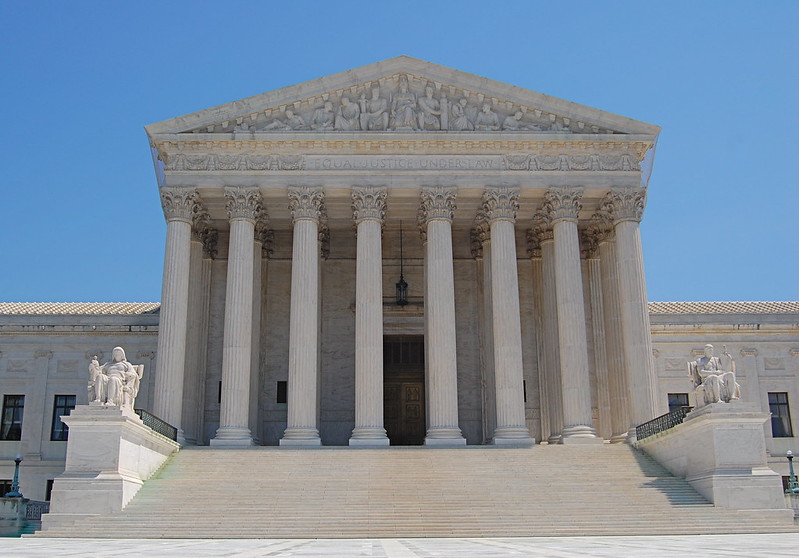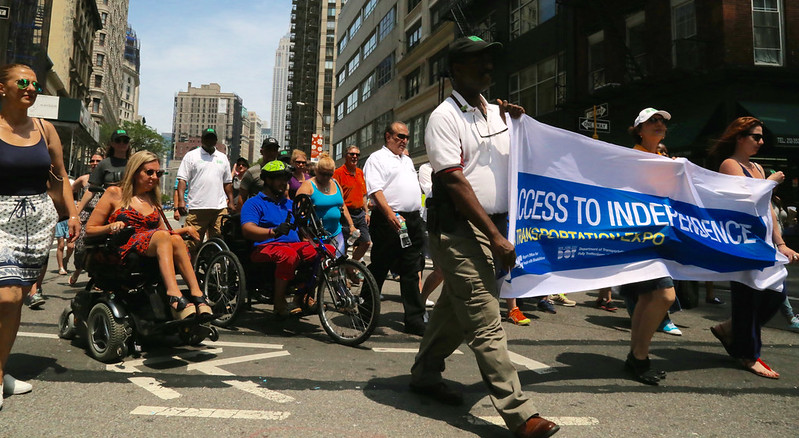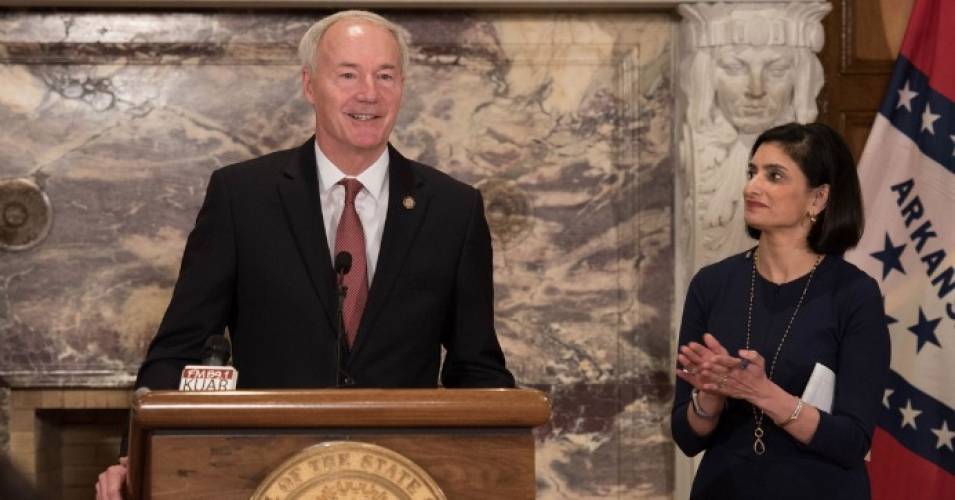
“A bunch of artificial limbs” by Nadya Peek – originally posted to Flickr as More uncanny piles of discarded prothetics. Licensed under Creative Commons Attribution 2.0 via Wikimedia Commons –
Across America, over 37 million people begin their day much different than the rest of our society. Some need to put on a limb or two. Others need to go through their shower, breakfast and trip to their job in a wheelchair. Still others confront obstacles that would cause most of us to give up.
- Just over 1 in 4 of today’s 20 year-olds will become disabled before they retire.1
- Over 37 million Americans are classified as disabled; about 12% of the total population. More than 50% of those disabled Americans are in their working years, from 18-64.2
Yet our continued open discrimination of disabled people remains not only legal, it causes some to think we are too lenient with those that have “different abilities” than the rest of us. When workers have weekly or monthly payroll deductions taken from their paychecks, it includes disability insurance, referred to as a FICA (Federal Insurance Contribution Act) tax. This is not an entitlement program, it is an insurance program. The scrutiny and processes used by the SSA to determine eligibility is not easy to navigate, and IF you manage to qualify, your monthly benefit amount becomes a political football whenever budget discussions take place in Washington.
Our labor laws allow corporations to pay a disabled worker far less than minimum wage. We make it nearly impossible for many disabled people to live independent lives by keeping them in economic poverty. We don’t allow recipients of disability benefits to have savings accounts in excess of $2,000. We ask every job seeker in the country if they are one of “these people” on job applications.
In what some think of as an often “disabled body” in and of itself, Congress is poised to be ABLE to do something about a portion of the hardships these people face. The Achieving a Better Life Experience (ABLE) Act would ease the financial burden for individuals with disabilities by creating tax-free accounts that can be used to save for disability-related expenses. These accounts can be created by individuals to support themselves or by families to support their dependents.
The ABLE act was introduced by Ander Crenshaw [R-FL4] in the House and by Robert Casey [D-PA] in the Senate. Together, the two bills have over 400 cosponsors.
The bill would create tax-exempt, state based private savings accounts to fund disability-related expenses to supplement benefits currently provided by Social Security, Medicaid, employers, and private insurance. The account shall be treated in the same way as a qualified tuition program, such as a 529. A 529 account allows families to save money for an individual’s education without being disqualified for certain aid programs and prevents tax penalties on the money saved and any income earned from it.
Expenses would qualify as disability-related if they are for the benefit of an individual with a disability and are related to the disability. They include education; housing; transportation; employment support; health, prevention, and wellness costs; assistive technology and personal support services; and other expenses.
The only problem we could find with this piece of legislation is the clause that explains what happens to the savings account in the event of the disabled person’s death:
‘Subject to any outstanding payments due for qualified disability expenses, in the case that the designated beneficiary dies or ceases to be an individual with a disability, all amounts remaining in the qualified ABLE account not in excess of the amount equal to the total medical assistance paid for the designated beneficiary after the establishment of the account, net of any premiums paid from the account or paid by or on behalf of the beneficiary to a Medicaid Buy-In program, under any State Medicaid plan established under title XIX of the Social Security Act shall be distributed to such State upon filing of a claim for payment by such State. For purposes of this paragraph, the State shall be a creditor of an ABLE account and not a beneficiary. Subsection (c)(3) shall not apply to a distribution under the preceding sentence.'”
Occupy World Writes questions why the state gets the savings account of these people, while all other people are allowed their assets to be inherited by designated beneficiaries after their death. Even with the best of intention, we still can’t recognize that these people are PEOPLE, not a sub-human class less deserving of the rights, liberties and freedoms granted all “other” able-bodied people.
Is Congress ABLE to pass ABLE?
- U.S. Social Security Administration, Fact Sheet February 7, 2013
- U.S. Census Bureau, American Community Survey, 2011






